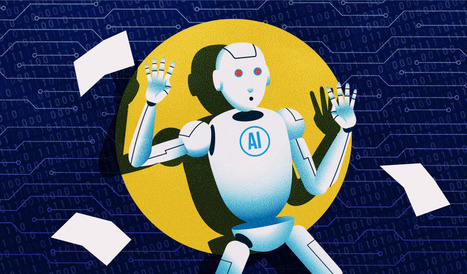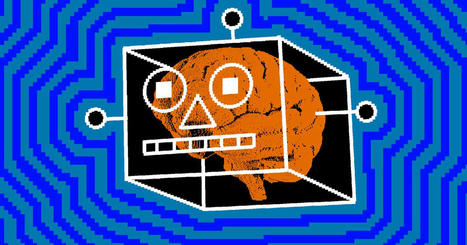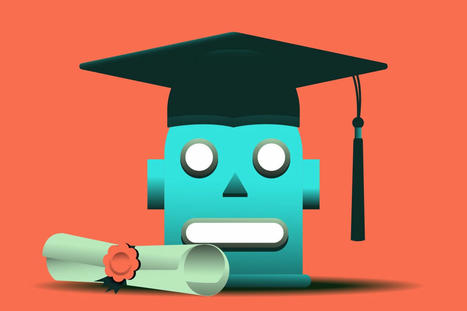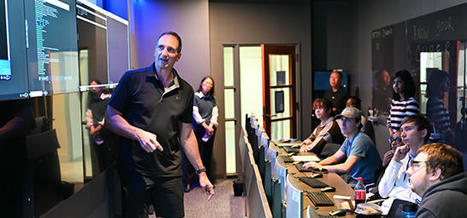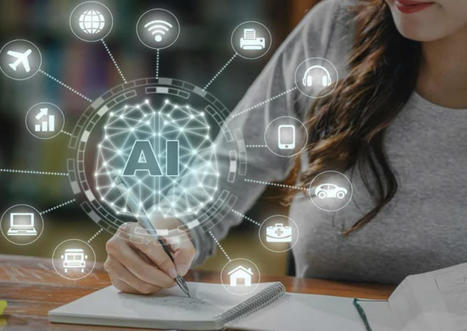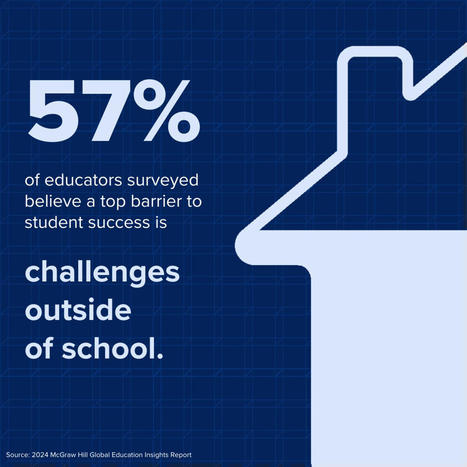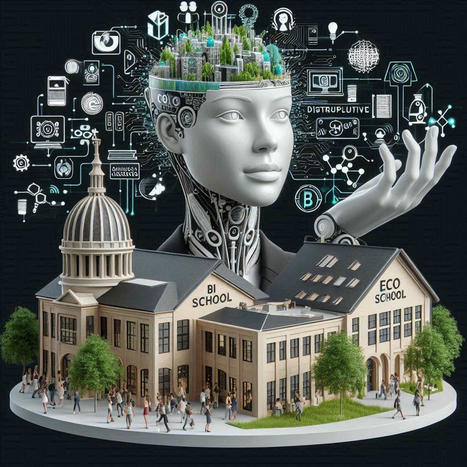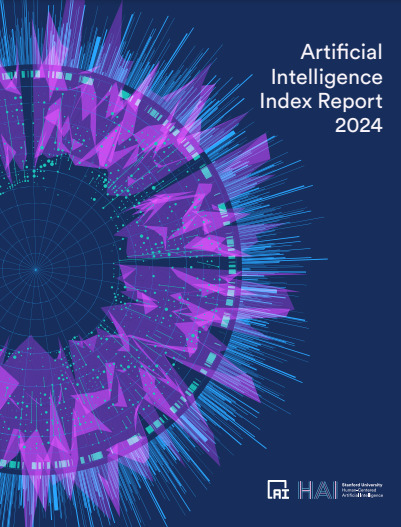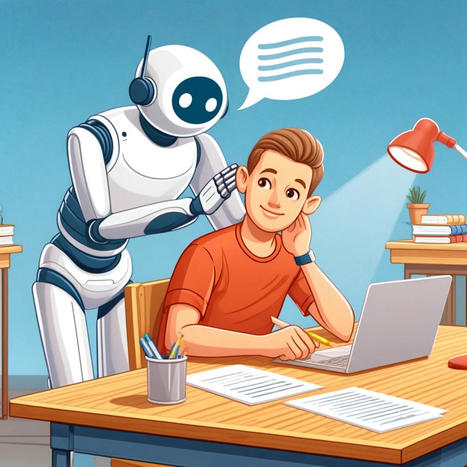La Taxonomía de Bloom establece una serie de objetivos de aprendizaje jerarquizados de menor a mayor complejidad cognitiva. ¿La finalidad? Facilitar el diseño de los ejercicios y actividades adecuados para cada etapa, además de garantizar un aprendizaje que perdure toda la vida. Aunque desde su creación en 1956 ha pasado por diferentes revisiones para adaptarse a las necesidades educativas (y digitales) de cada época, la irrupción de la IA y de herramientas como ChatGPT o Gemini plantea nuevas posibilidades a los docentes para aplicar este recurso. Explicamos a continuación seis ejemplos de cómo el uso de la inteligencia artificial puede ayudar tanto a evaluar como a crear experiencias educativas que permitan lograr las habilidades de aprendizaje definidas en los diferentes niveles de la Taxonomía de Bloom.
Get Started for FREE
Sign up with Facebook Sign up with X
I don't have a Facebook or a X account

 Your new post is loading... Your new post is loading...
 Your new post is loading... Your new post is loading...
No comment yet.
Sign up to comment

EDTECH@UTRGV's curator insight,
April 17, 12:32 PM
"We’re hearing that AI is going to take our jobs, watching as it moves into the realms of marketing and design – and even art and music. It’s a familiar fear, revisited whenever technology proves itself as – or more – capable of a task previously assigned only to humans." |

EDTECH@UTRGV's curator insight,
April 17, 12:37 PM
"From the Gutenberg press to online math classes, technologies that improve access to quality learning opportunities are routinely dismissed by critics and skeptics, especially by those who hold the reins in the classroom." 
EDTECH@UTRGV's curator insight,
April 18, 10:08 AM
"[L]earning by doing is not a new concept. But increasingly research confirms, or reaffirms, that hands-on and real-life experiences are meaningful ways of teaching people when reinforced by traditional methods." |





![[PDF] The Artificial Intelligence Assessment Scale (AIAS): A framework for ethical integration of Generative AI in Educational Assessment | Edumorfosis.it | Scoop.it](https://img.scoop.it/uimUAV27fdEHAlkbkPpa_Tl72eJkfbmt4t8yenImKBVvK0kTmF0xjctABnaLJIm9)
![[PDF] AI Policy Framework | Edumorfosis.it | Scoop.it](https://img.scoop.it/keGz0j0VMc9mNkaEjxdLHzl72eJkfbmt4t8yenImKBVvK0kTmF0xjctABnaLJIm9)



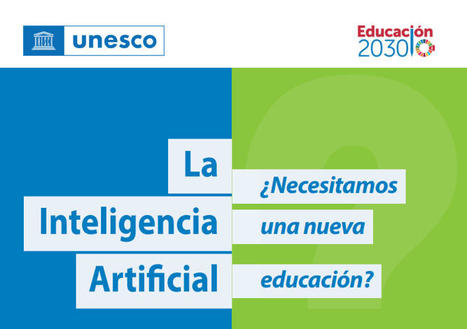

![[PDF] The AI Assessment Scale (AIAS) in action: A pilot implementation of GenAI supported assessment | Edumorfosis.it | Scoop.it](https://img.scoop.it/Rtxp7KfRQ4iw4vIpM2R41zl72eJkfbmt4t8yenImKBVvK0kTmF0xjctABnaLJIm9)
